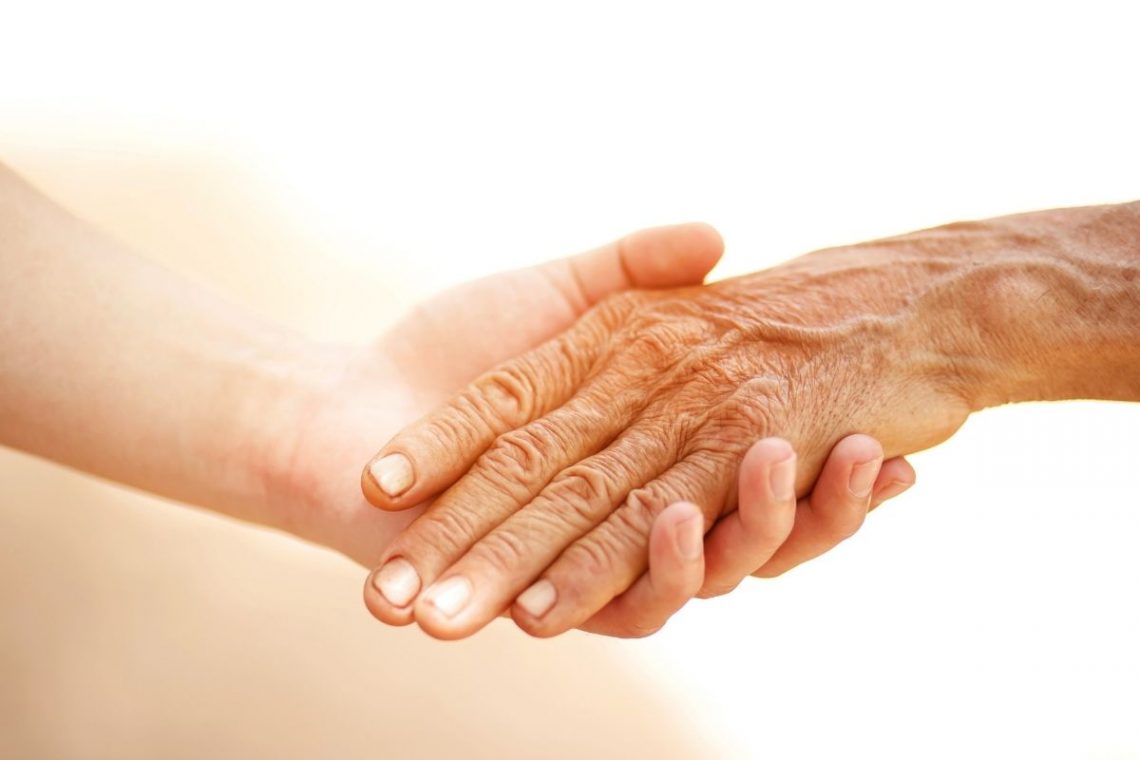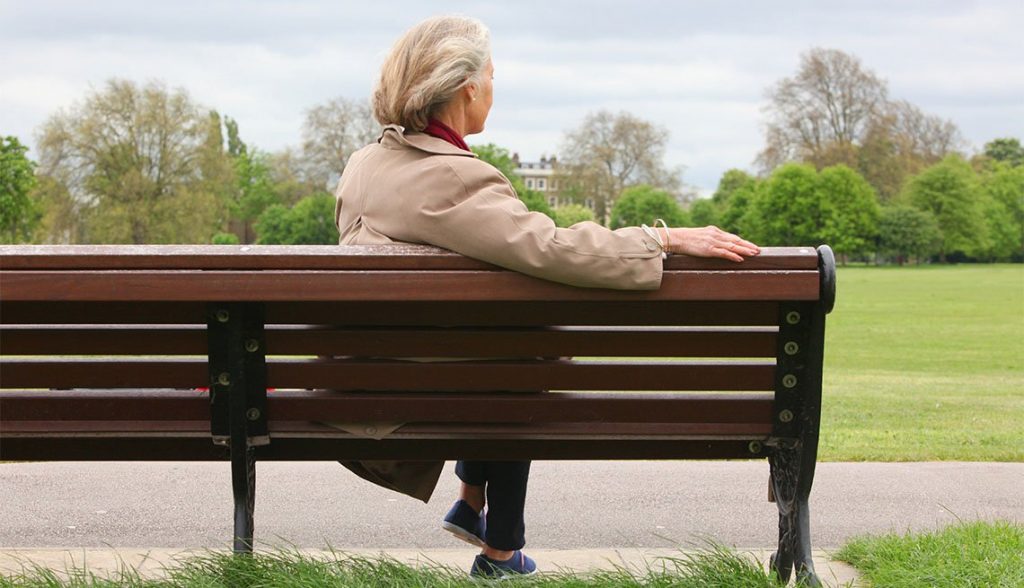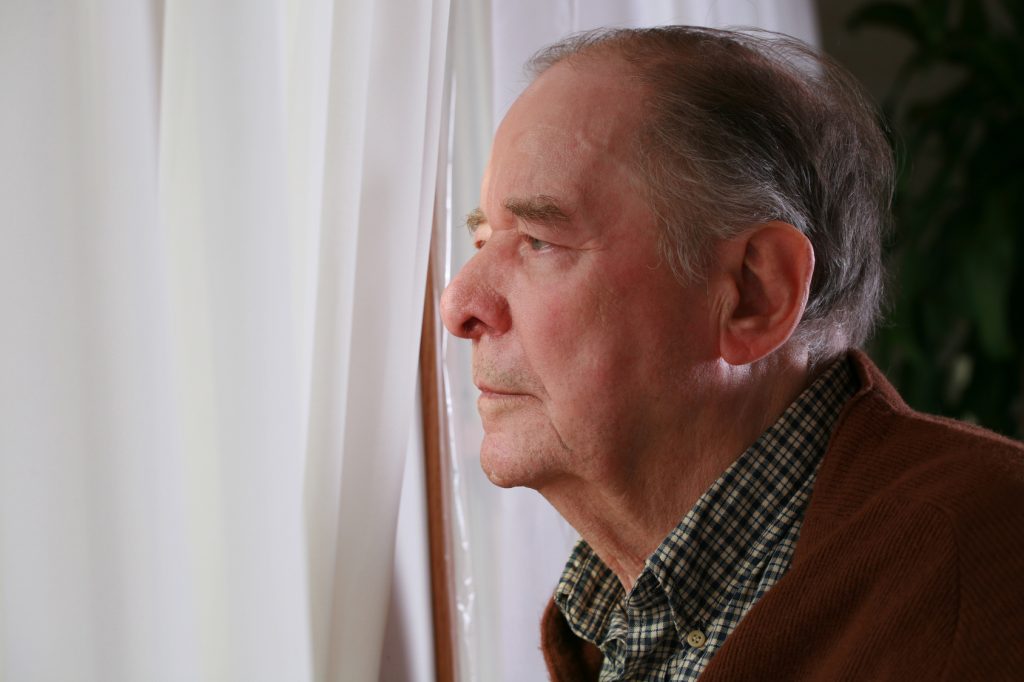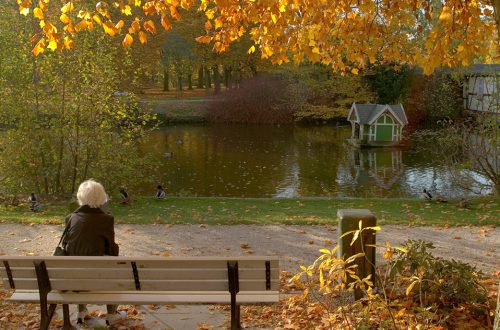
Social Issues That Affect Older People
There are several different social issues affecting older people. Here are a few of them: Housing, Health care, Education, and Loneliness. If you are an older person, these issues may affect you, too. These issues may be different for every individual, but they are all affecting older people. There are ways to address them, too. Read on to find out how you can improve your quality of life as you get older.
Loneliness
Loneliness and social issues that affect elderly adults are increasingly recognized as important problems. The effects on the quality of life are significant, and it has been linked to poor health. The WilMac Living Campaign to End Loneliness was launched in 2010, aiming to connect older people. Similarly, the Danish campaign, Denmark spiser sammen, aims to reduce loneliness among the elderly population.
The literature has highlighted that the causes of loneliness in older people are complex and often vary across individuals. Social isolation and dispersal of families, reduced mobility, and decreased income have contributed to higher levels of loneliness. Social changes, increased geographical mobility, and deteriorated health have also contributed to a rise in loneliness in the elderly population. In addition, advances in public health and sanitation have increased the life expectancy of older people.

Housing
There are many social problems affecting older Americans. Lack of affordable housing is one of them. Many older people of color face severe housing challenges. This is partly due to the fact that they have limited income and are confined to poor neighborhoods. Their health is also at risk. Consequently, these problems are not being solved by government policies, but by the individual citizens themselves. Here are some tips to address the problems in housing for older people.
Many aging service providers may not be involved in housing delivery, but it is important to understand that their success is directly related to the housing conditions of their constituents or clients. To this end, providers should consider ways to support and promote housing initiatives for older adults. A successful initiative can help improve the quality of life of those in need. There are several strategies to provide affordable housing to older people. First, identify the problem areas where housing is lacking. Then, determine how best to address these problems.
Health care
The NIA supports research on health disparities among older people. African-Americans and Hispanics are disproportionately affected by diseases such as Alzheimer’s disease. Lower socioeconomic status is associated with poor health and a shorter life expectancy. Furthermore, scientists have observed sex-based differences in health. Men are more likely to develop cardiovascular disease, cancer, and osteoporosis. The NIA funds research on social and cultural factors affecting older people.
The costs of health care rises as we age, and as our population ages, so do our medical costs. It is estimated that by 2035, the cost of health care for the elderly will increase by one percent each year. The main sources of these costs are inflation, the rising population, and medical technology. As a result, the average Canadian will receive 1.5 times more health care services than he or she did in 1975.

Education
There are many benefits of continuing education for older people. Those with more education often live longer and have better overall health. One study found that college graduates live longer than those without a college degree. Higher education also improves health literacy, and some studies have found that older women may have poorer health outcomes because they don’t have access to higher education. So, how can older adults better utilize their education?
Increasingly, research on older people and learning has shifted its focus to the relationship between health and age. Researchers have found that learning activities are crucial to a person’s well-being and mental health. This research has led to several recommendations on improving the education experience of older people. These include improved social connections and higher levels of physical activity. But what kind of education should be provided to older adults?
Social security
In the U.S., 61 percent of people over the age of 65 do not work, so they have limited options for continuing their income. While the recession hurt younger workers, older adults are also at risk because of the rising costs of living. Even those who are not directly affected by the recession may still be negatively affected by the economic downturn, as their neighbors face a lack of jobs or foreclosures. Moreover, the number of elderly people who receive food assistance is far less than that of younger people.
In addition to these changes in the system, the economic environment has also changed. While Social Security policy has remained largely unchanged over the last 30 years, changes in the economy have impacted the financial situation of older Americans. The rise of defined contribution 401(k)-type savings plans and increased participation by women in the labor force have reduced traditional pension income. These changes also contributed to an increasing dual-income history for many retiring couples.



